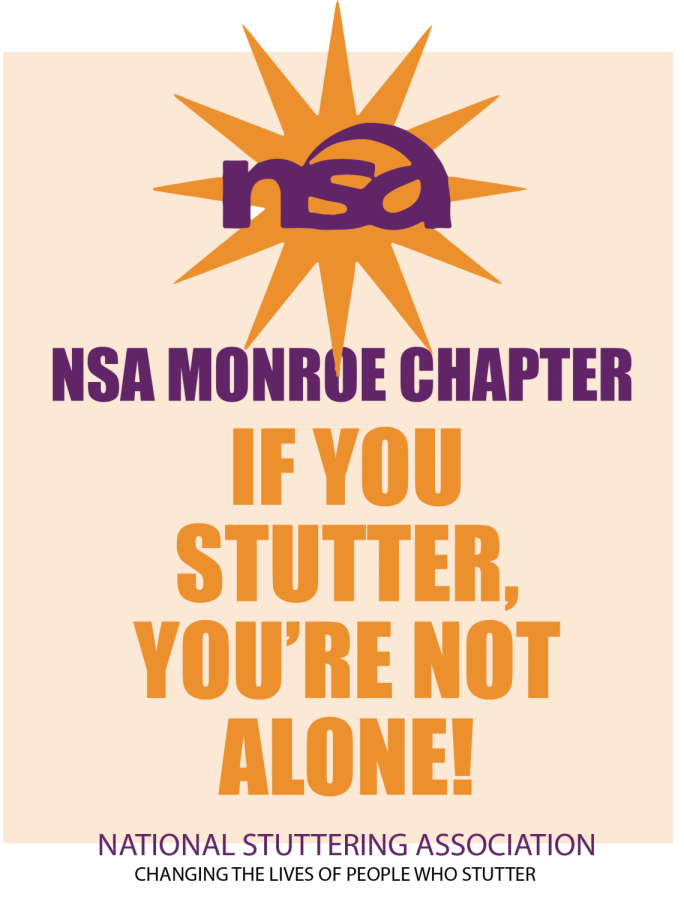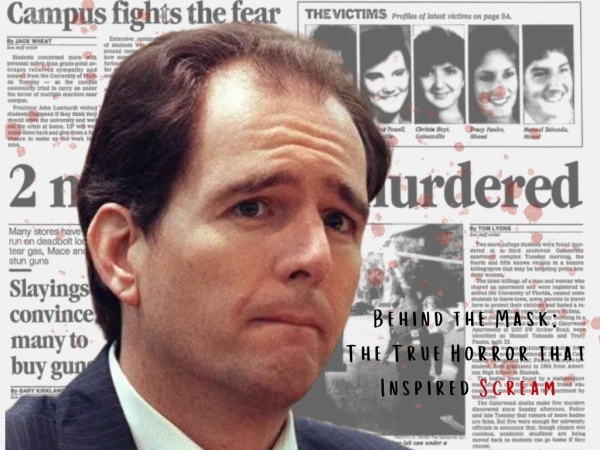NSA provides community for individuals who stutter
In America alone, roughly 3 million individuals stutter.
Stuttering usually begins in children between the ages of two and five. However, 75% of children who stutter recover from it within 12 to 24 months of speech therapy, according to the National Institution on Deafness and Other Communication Disorders.
But what about the other 25%?
In 2019 a Monroe chapter of the National Stuttering Association was founded to help uplift and bring a sense of community to people who stutter.
Amanda Elias, the Monroe chapter NSA leader, said the importance of the NSA is to empower those who stutter by providing them with a community.
“The NSA is the largest non-profit organization in the world dedicated to bringing hope and empowerment to children and adults who stutter, their families, and professionals, through support, education, advocacy, and research,” Elias said.
Speech language pathology majors and graduate students can also join the Monroe NSA chapter to get a more in-depth understanding of stuttering.
For information on other communication disorders besides stuttering, SLP students can also join the student-led National Student Speech Language Hearing Association.
NSSHLA is an organization that encourages students to learn more about speech, language and hearing.
Julia Blazek, the NSSHLA undergraduate representative, feels that joining NSSHLA has only made her more passionate about speech language pathology.
“Becoming a member and now officer of NSSLHA has only made my love grow, and it has gotten me even more excited for a future career helping others as a speech language pathologist,” Blazek said.
Both the NSA and NSSHLA strive to bring unity and knowledge to future SLPs and individuals with communication disorders.
According to Elias, the NSA’s motto is, “You are never alone,” which perfectly explains the missions of both groups.
If you would like to be a part of the community, the NSA holds meetings on the second Monday of each month in Sugar Hall Room 200. You can also contact Amanda Elias for information on the NSA and NSSHLA.





